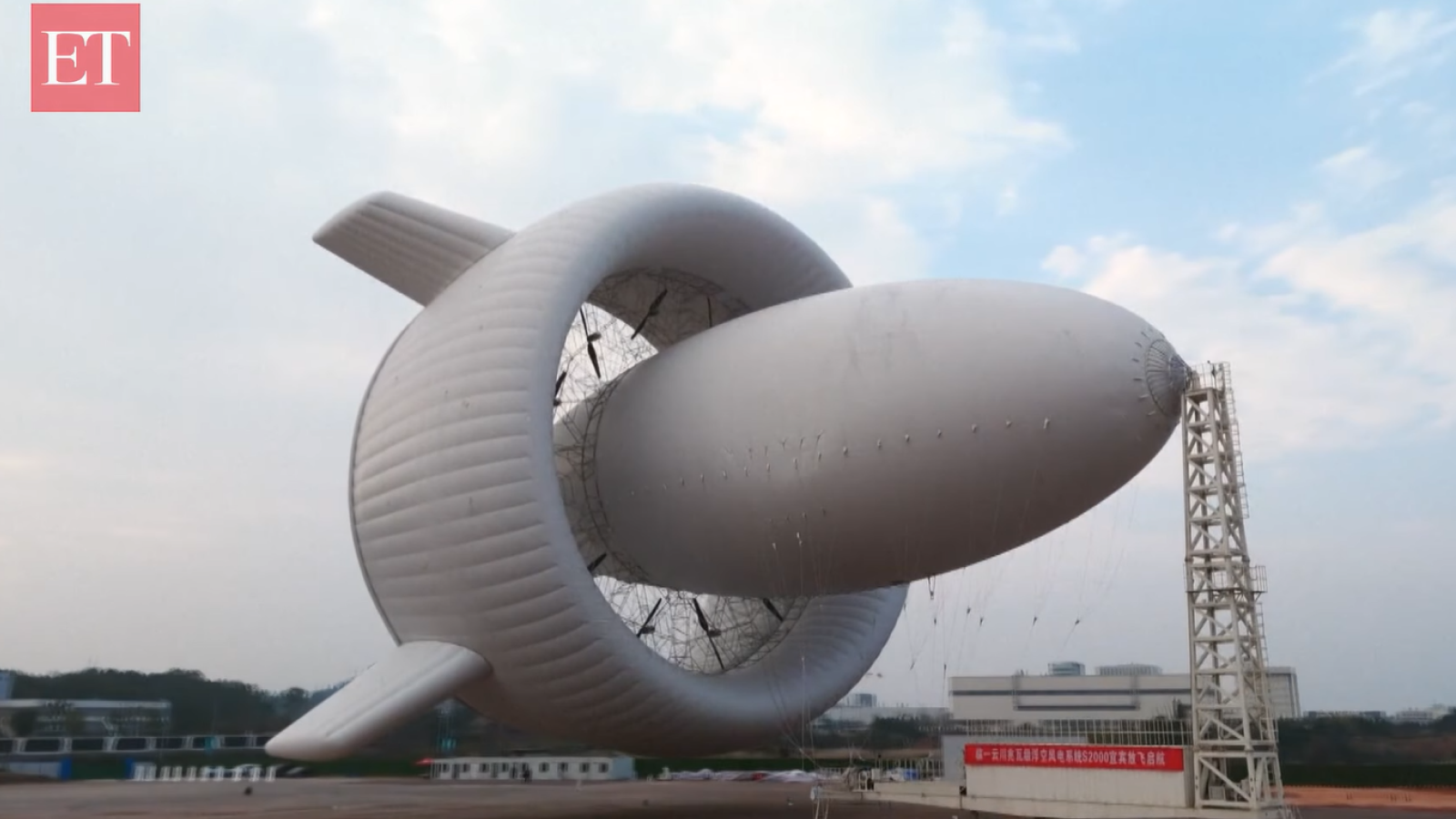Watch a rocket launch triple header from SpaceX, Rocket Lab and Japan tonight. Here's how.
Be ready to stay up late (or rise super-early)!

Get the world’s most fascinating discoveries delivered straight to your inbox.
You are now subscribed
Your newsletter sign-up was successful
Want to add more newsletters?

Delivered Daily
Daily Newsletter
Sign up for the latest discoveries, groundbreaking research and fascinating breakthroughs that impact you and the wider world direct to your inbox.

Once a week
Life's Little Mysteries
Feed your curiosity with an exclusive mystery every week, solved with science and delivered direct to your inbox before it's seen anywhere else.

Once a week
How It Works
Sign up to our free science & technology newsletter for your weekly fix of fascinating articles, quick quizzes, amazing images, and more

Delivered daily
Space.com Newsletter
Breaking space news, the latest updates on rocket launches, skywatching events and more!

Once a month
Watch This Space
Sign up to our monthly entertainment newsletter to keep up with all our coverage of the latest sci-fi and space movies, tv shows, games and books.

Once a week
Night Sky This Week
Discover this week's must-see night sky events, moon phases, and stunning astrophotos. Sign up for our skywatching newsletter and explore the universe with us!
Join the club
Get full access to premium articles, exclusive features and a growing list of member rewards.
In the next 24 hours, no less than three rockets — built by Interstellar Technologies, Rocket Lab and SpaceX — will launch from three different countries in a space age triple-header. But if you want to watch them all online, you're going to need to stay up late (or rise super early).
The action begins late tonight (June 12) with the launch of the Momo-F5 rocket built by the Japanese company Interstellar Technologies. The small suborbital sounding rocket is scheduled to launch between 10 p.m. EDT and 11:20 p.m. EDT (0200-0320 GMT) from Taiki Town, Hokkaido, where the local time will be midday Saturday (June 13).
You can watch the launch live below, courtesy of NVS-Neko Video Visual Solutions and the Tokachi Mainichi newspaper. You can also watch directly from NVS here.
Interstellar Technologies' Momo rocket stands 32 feet (10 meters) tall and weighs just over 1 metric ton. The company has launched four of the rockets to date with mixed success. Its third launch in May 2019 was the first to succeed, but the fourth fell into the ocean after experiencing an anomaly.
Momo-F5 was originally scheduled to launch in late December and has been delayed several times. It is a crowdfunded mission that aims to reach an altitude of 62 miles (100 kilometers), with Interstellar Technologies raising more than $391,000 (42 million yen), well above the mission's goal of nearly $84,000 (9 million yen), according to a translated statement by Interstellar Technologies.
Interstellar Technologies has apparently named the launch "Poupelle of Chimney Town" after the book by Akihiro Nishino and is using #PoupelleOfChimneyTownMOMOF5 to refer to the flight online. The company will not allow spectators to watch the launch in person due to the ongoing coronavirus pandemic.
Rocket Lab launch from New Zealand
The orbital launch action will begin early Saturday with the launch of a Rocket Lab Electron booster carrying five small satellites for the U.S. National Reconnaissance Office, NASA and the University of South Wales Canberra Space.
Get the world’s most fascinating discoveries delivered straight to your inbox.
Liftoff is scheduled for 12:43 a.m. EDT (0443 GMT) from Rocket Lab's Launch Site 1 on the Mahia Peninsula of New Zealand. You'll be able to watch the launch live on Space.com here, courtesy of Rocket Lab.
Rocket Lab will webcast the launch here, and it will be carried live on Space.com.
Rocket Lab has a nearly two-hour window in which to launch the Electron booster. The mission, called "Don't Stop Me Now," will carry three classified satellites for the U.S. National Reconnaissance Office; the ANDESITE cubesat built by Boston Universty under NASA's CubeSat Launch Initiative; and the M2 Pathfinder communications satellite, which is a a collaboration between the University of New South Wales Canberra Space and the Australian government.
Originally scheduled to fly in March, the "Don't Stop Me Now" mission has been delayed for more two months due to the effects of the coronavirus pandemic.
SpaceX's Starlink rideshare flight
The last launch of the triple header will come from SpaceX, which will launch a used Falcon 9 rocket packed with Starlink satellites from Space Launch Complex 40 at Cape Canaveral Air Force Station in Florida. Liftoff is set for Saturday at 5:21 a.m. EDT (0921 GMT).
You can watch the launch live on Space.com here, as well as directly from SpaceX here. SpaceX will likely also offer a live audio feed from its launch control center on its YouTube channel here.
The Falcon 9 rocket will carry 58 Starlink internet satellites for SpaceX, as well as three Earth-imaging SkySat satellites for Planet under a rideshare agreement. The launch is the first for SpaceX's smallsat rideshare program.
Saturday's launch comes on the heels of two other SpaceX launches in recent weeks. The company launched 60 Starlink satellites for its growing broadband constellation on June 3. Just days earlier, on May 30, SpaceX launched its first astronauts for NASA on a Crew Dragon spacecraft.
And that's it! That's a lot of rocket launches in just eight hours. So rest up, space fans, and don't forget to tune in.
- What's next for Rocket Lab? A Q&A with CEO Peter Beck
- Rocket Lab launches satellite for US spysat agency
- Rocket Lab's 'Rosie' the robot can build a booster in just 12 hours
Email Tariq Malik at tmalik@space.com or follow him @tariqjmalik. Follow us @Spacedotcom, Facebook and Instagram.
OFFER: Save 45% on 'All About Space' 'How it Works' and 'All About History'!
For a limited time, you can take out a digital subscription to any of our best-selling science magazines for just $2.38 per month, or 45% off the standard price for the first three months.
 Live Science Plus
Live Science Plus















